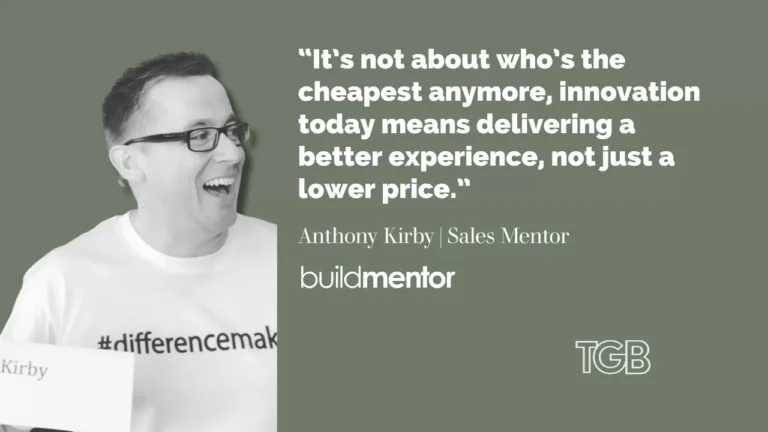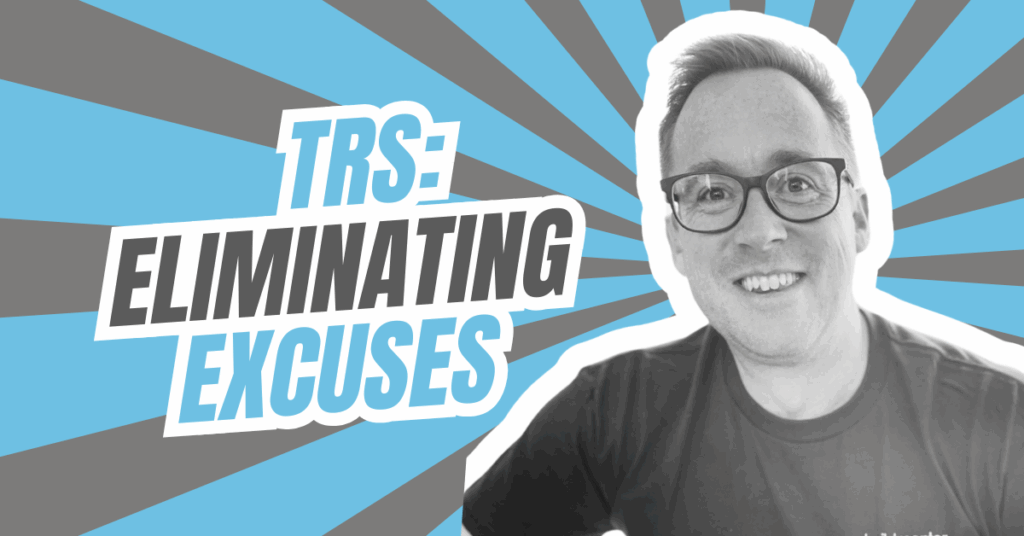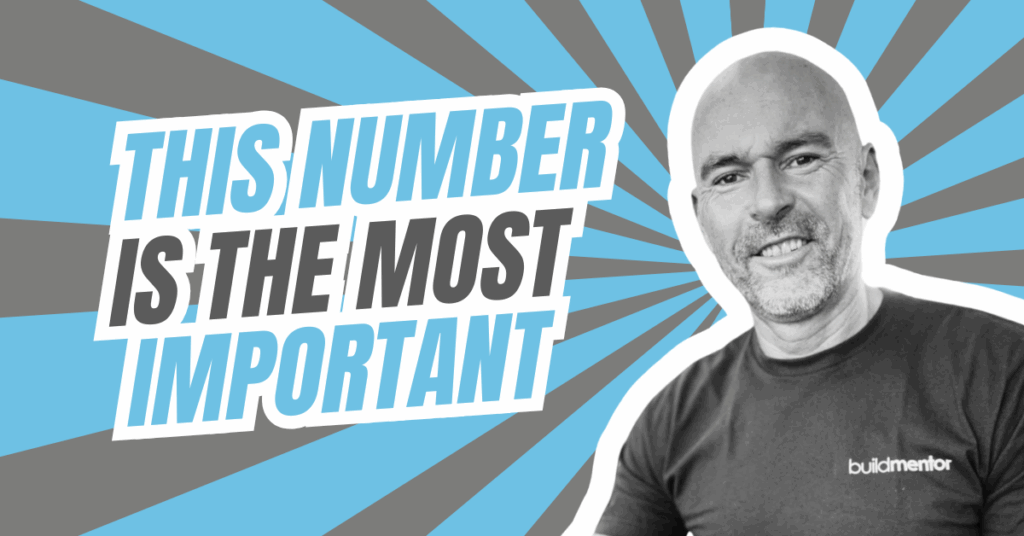Article originally published by our friends at The Good Builder.
For decades, Australia’s residential construction landscape has been dominated by volume builders. With expansive display villages, large-scale advertising campaigns, and strong brand recognition, these companies shaped what building a home looked like for the average buyer. But that dominance is no longer guaranteed. According to Anthony Kirby, founder of Build Mentor and one of the […]
For decades, Australia’s residential construction landscape has been dominated by volume builders. With expansive display villages, large-scale advertising campaigns, and strong brand recognition, these companies shaped what building a home looked like for the average buyer.
But that dominance is no longer guaranteed.
According to Anthony Kirby, founder of Build Mentor and one of the industry’s most experienced sales trainers, the tide is turning. Boutique builders — agile, design-focused, and customer-driven — are increasingly taking market share from the majors. And the reasons for that shift are rooted in visibility, trust, and digital transformation.
“It’s not about who’s the cheapest anymore,” Kirby says. “Innovation today means delivering a better experience, not just a lower price.”
Drawing on more than 20 years in the industry, including training over 1,000 consultants across Australia and New Zealand, Kirby has seen this shift coming. He compares it to the real estate industry a decade ago — when agents stopped relying solely on big brand names and began using social media to create personal brands.
“Once upon a time, if you wanted to succeed in real estate, you joined LJ Hooker or Ray White. But when social media came in, agents started building their own profiles. They didn’t need the big brands — they needed an audience and something valuable to say,” Kirby explains.
The same evolution is now happening in construction.
Homebuyers no longer rely solely on display villages and printed brochures. Instead, they join Facebook groups, scroll through TikTok walkthroughs, and follow consultants on Instagram — all before ever stepping foot into a sales centre. They’re more informed, more discerning, and more focused on service than ever before.
“You used to walk through 40 homes with a shopping bag full of floorplans. Now you can find everything — and everyone — you need from your phone,” Kirby says.
That shift has levelled the playing field. Boutique builders who understand how to tell their story and educate their market are now able to outperform larger competitors who rely on brand legacy alone. According to Kirby, it all comes down to three simple principles:
- Be known – Eliminate obscurity. If no one knows who you are, they can’t engage.
- Be shortlisted – Provide value early, so you’re front of mind when the buyer is ready.
- Be trusted – Deliver a seamless, professional process with deep product knowledge.
Kirby is quick to point out that this doesn’t mean volume builders are doomed. Many are adapting — improving their customer journeys, embracing digital communication, and supporting their sales teams with better training and systems. But for those who remain slow to evolve, the risk is real.
“Buyers expect more now. They’re not impressed by brand names. They want clarity, support, and someone who understands what they’re about to go through.”
And for consultants? Kirby believes the opportunity has never been greater. With the right coaching and approach, a new home consultant can build an audience, earn trust, and outperform even the most seasoned salesperson at a large builder.
“We’ve seen consultants build followings of 20,000 people. They don’t need a massive marketing budget — they just need to show up consistently and provide value.”
In today’s market, reputation is personal. Builders who prioritise transparency, education, and customer experience are increasingly leading the conversation. And those who empower their teams with strong systems, clear messaging, and digital confidence are seeing results.
The boutique builder isn’t just surviving — they’re setting a new standard for what building a home should feel like.



